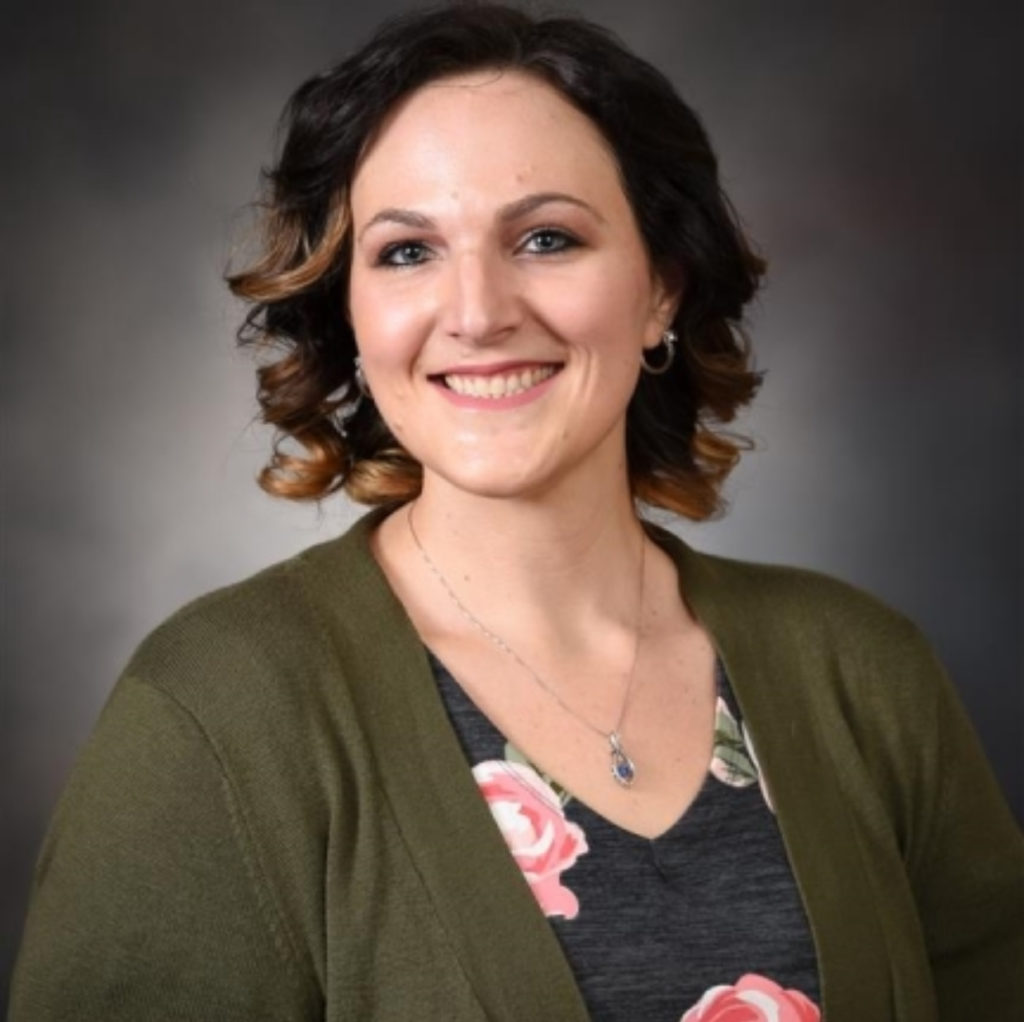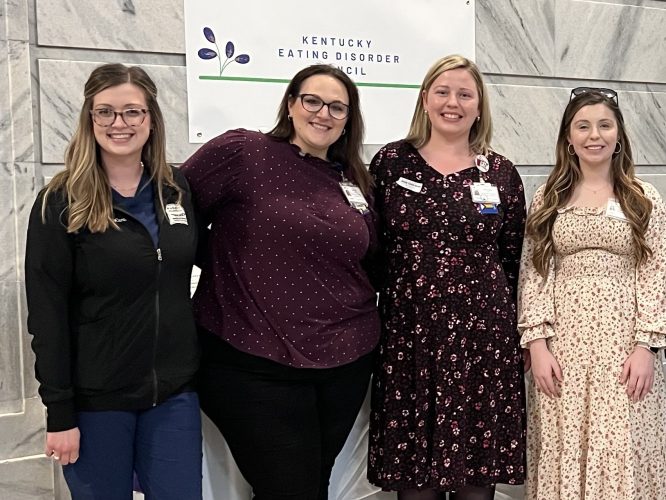Lexington, KY – February 28th marks the observance of National Eating Disorder Advocacy Day, a crucial date for promoting awareness and understanding of eating disorders.
Leading educational and advocacy efforts in Kentucky is Kari Gerth, Doctorate of Social Work (DSW) student at the University of Kentucky College of Social Work (CoSW). Gerth was nominated by the Kentucky Eating Disorder Council as “Champion in Prevention and Education of Eating Disorders.”
Established by KRS 210.051 in 2020 within the Cabinet for Health and Family Services, the Kentucky Eating Disorder Council’s mandate is broad and significant. It encompasses overseeing the development of awareness programs, improving access to diagnosis and treatment, and identifying key research projects in the field. Gerth, a licensed clinical social worker, is making significant strides in establishing best practice protocols at the University and contributing to the council’s efforts.

Gerth has worked with UK Adolescent Medicine developing eating disorder prevention and interventions including the implementation of screenings, mental health assessments and evaluations, educational packages for parents, and best practice protocols for food reintroduction methods. She shared that “having an eating disorder is still very stigmatized, which makes approval for funding and treatment challenging.”
Gerth advocates for the implementation of standardized screening tools, such as the SCOFF and EAT-26, during routine health checks for early detection of disordered eating.
“There’s a very positive prognosis with early intervention, especially among adolescents,” Gerth shared. “If we can provide the eating disorder screeners along with the depression and anxiety screens, we have the opportunity to catch eating concerns early and prevent them from escalating.”
In efforts to continue to raise awareness across multiple disciplines, Gerth works with and trains students and staff at UK on early warning signs, screenings, and treatment options. Her work, advocacy and research have been pivotal in addressing the stigma that individuals face when seeking treatment, specifically in the lack of medical coverage that surrounds treatment.
“One of the biggest misconceptions around eating disorders is that it is about food. In reality, they are complex mental health issues involving control, coping, and co-morbidities like anxiety and OCD,” said Gerth.
If you or someone you know is struggling with an eating disorder, Gerth recommends expressing concern, offering support, and encouraging professional help.
“Often these types of disorders can feel isolating,” Gerth shared. “Normalizing that this is an illness that a lot of people struggle with is helpful. Knowing you are not along or the only one dealing with this illness can go a long way in accepting help.”
For more resources and information, visit the NEDA site.






